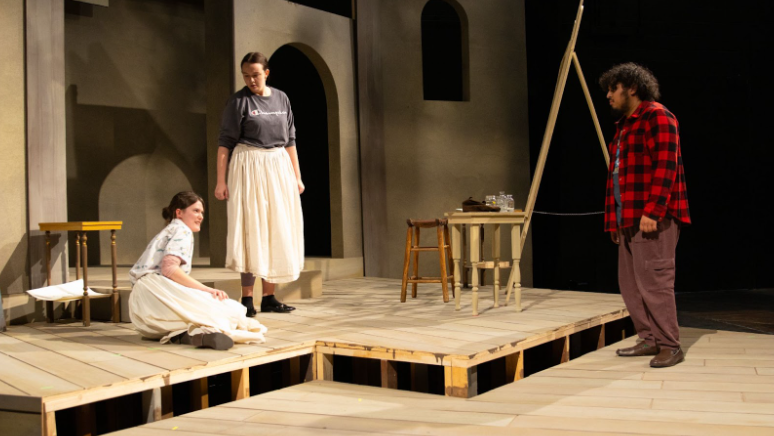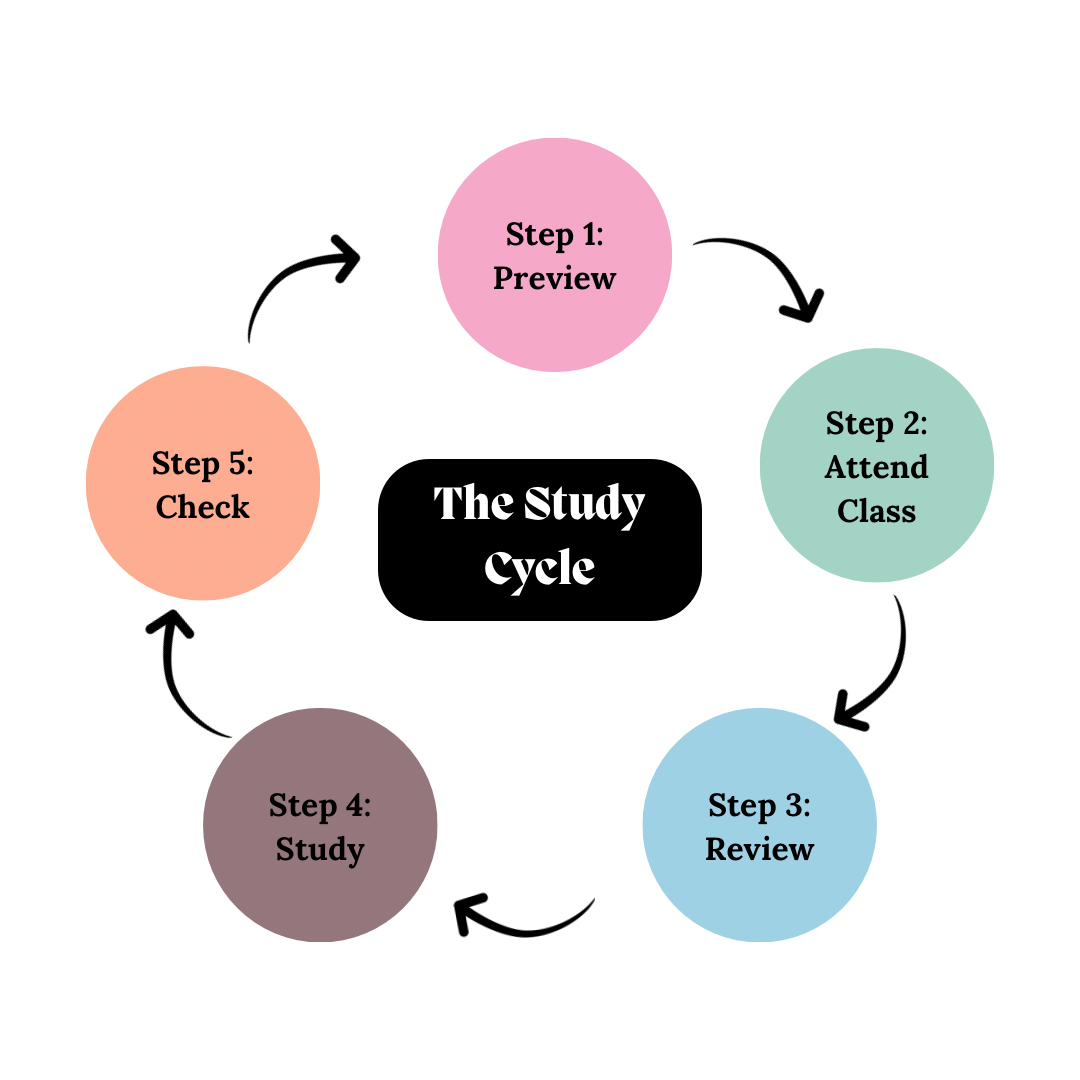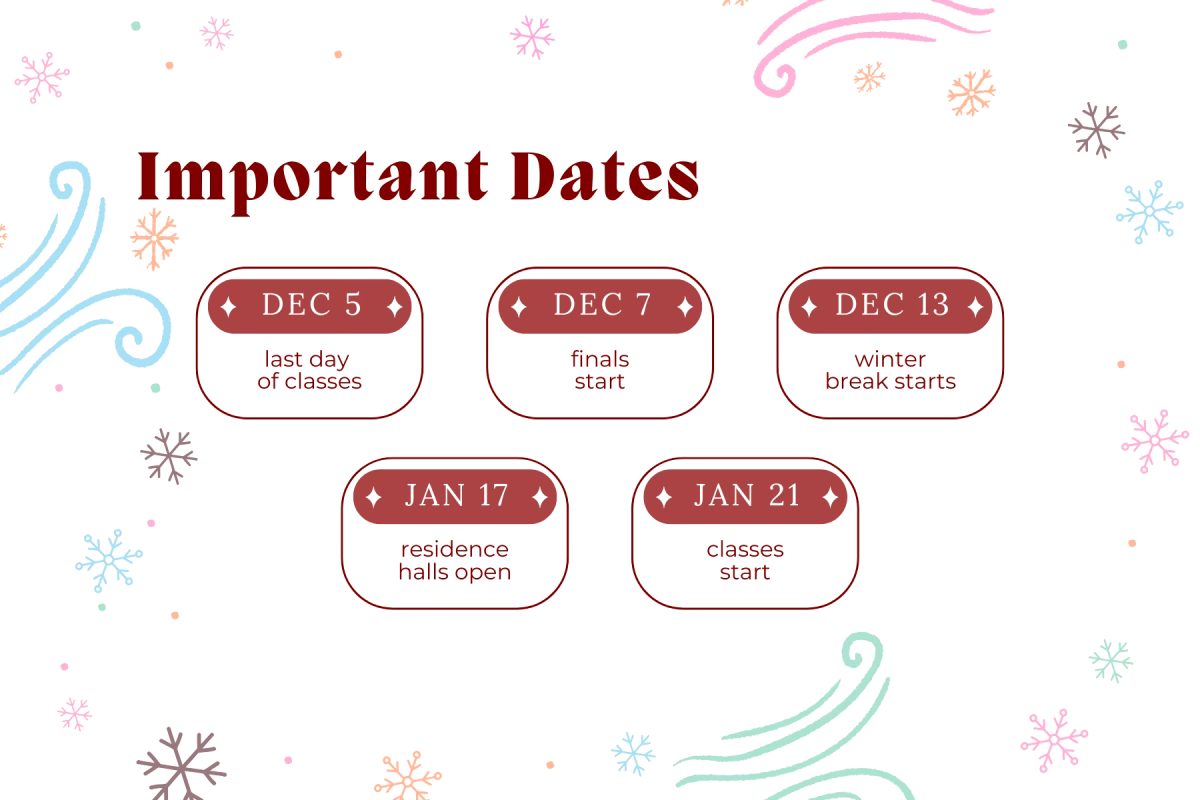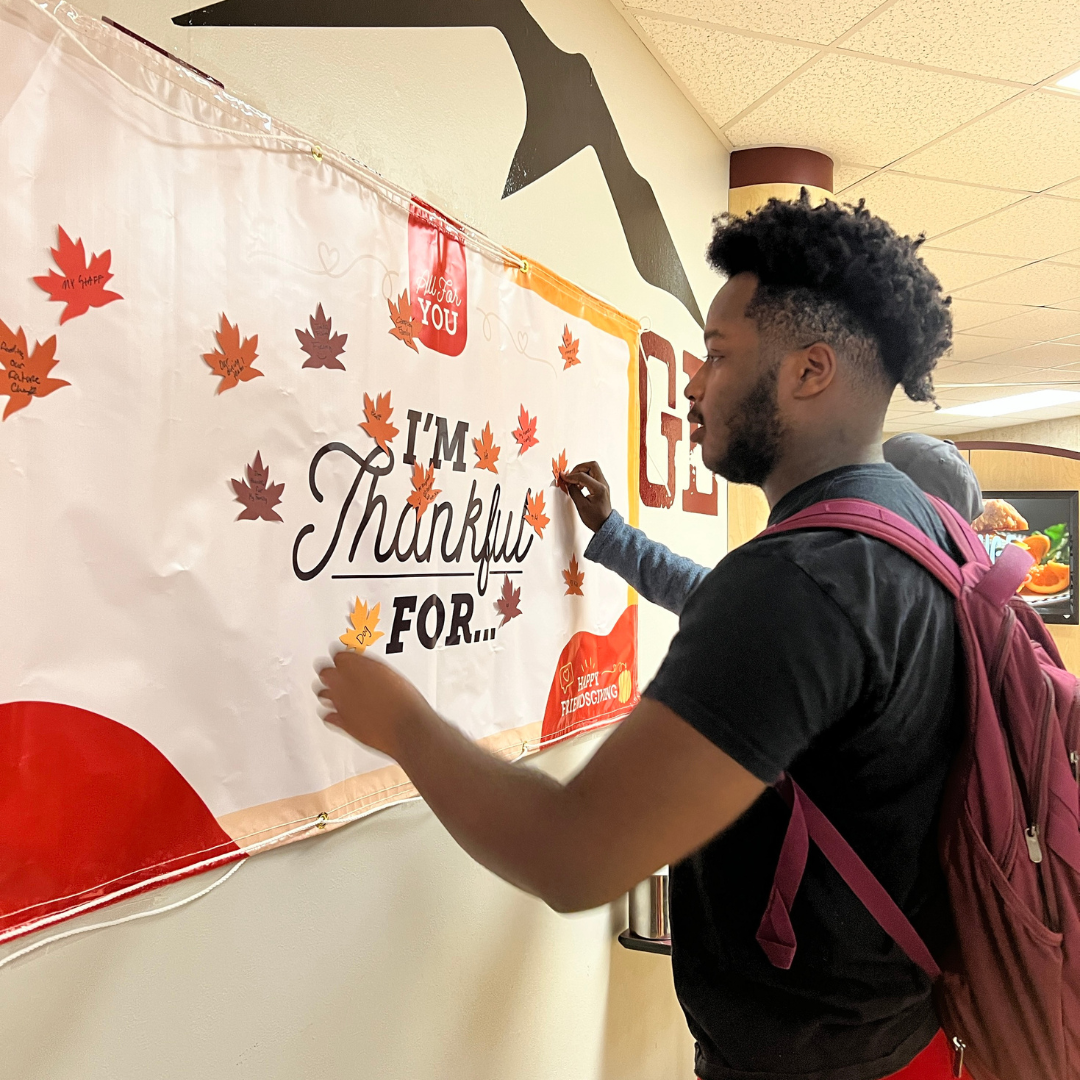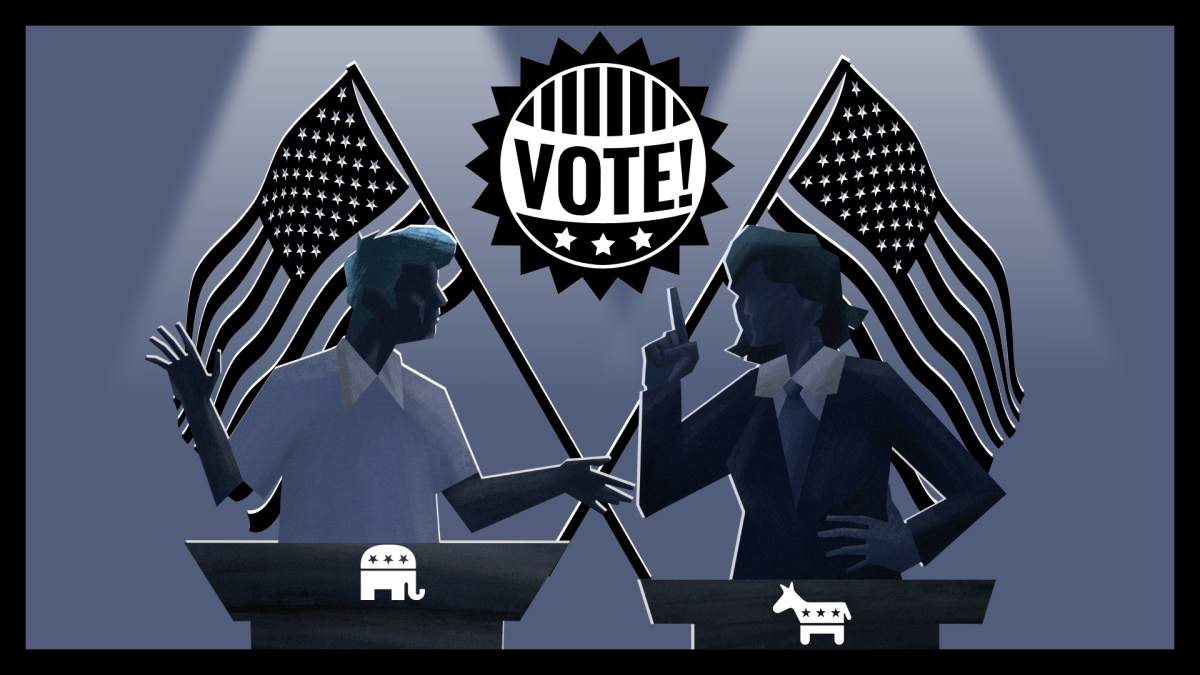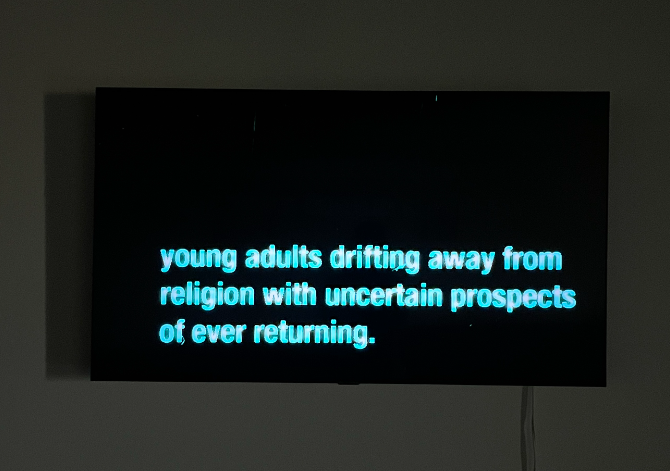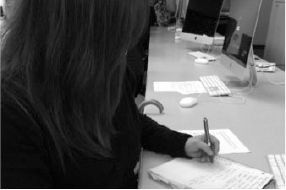
Non-traditional students of all ages are finding their way to colleges across the country more and more each semester, with West Texas A&M University seeing a growing and diverse community in reagards to age.
The National Center for Education Statistics reported that out of 21 million college students in 2012, eight million were 25 and over.
“My older students understand the privilege it is to study literature,” Dr. Jeff Doty, Wendy and Stanley Marsh III Assistant Professor of Shakespeare Studies and Director of Undergraduate Studies in the English Department, said.
Doty sees one to two non-traditional students in his classes every year.
“I’ve had two kinds of older students in my classes,” Doty said. “ One kind is extremely serious, and they just really want to learn. I’ve also had students who are goofy, and kind of act like tourists.”
Some of older students find themselves returning to school after their family life has settled down and young children are no longer at home.
Delinda King, junior English major, graduated high school in 1970 and decided to return to college in 2010 after the last of her five children left home.
“I decided to go back because I had always wanted a college education, and I knew I would always have to take care of myself,” King said.
King’s experience at the university level has been a postitive one.
“The experience at WT has been surprising,” King said. “The professors have treated me as a serious student, not as though I was doing this as a hobby, and the students, most half my age or younger, have treated me just the same as they do other students.”
Nessa Locke, junior English major, said that she always knew she would attend college one day, but finally decided to enroll in 2012.
“I’m already seasoned to the real world, so I don’t have any unrealistic expectations of immediate grandeur upon graduation,” Locke said. “I work full-time to pay for everything in my life, so it has been somewhat stressful to balance that with a full-time school schedule.”
Both King and Locke find it difficult to engage in social activities due to their responsibilities, yet when they do, they both feel welcome by their younger peers.
“When I am around the other students out of the classroom it’s as if I’m not an old lady,” said King.
“I am truly blessed to be having this experience,” said Locke.



